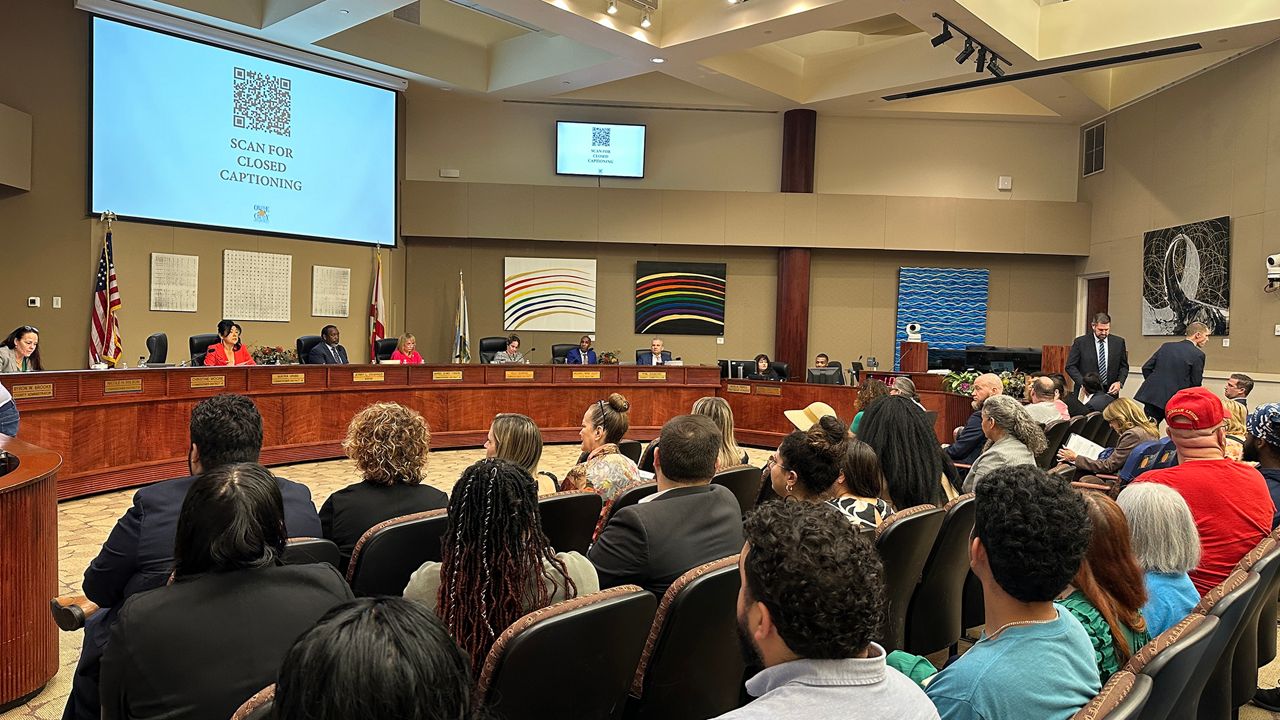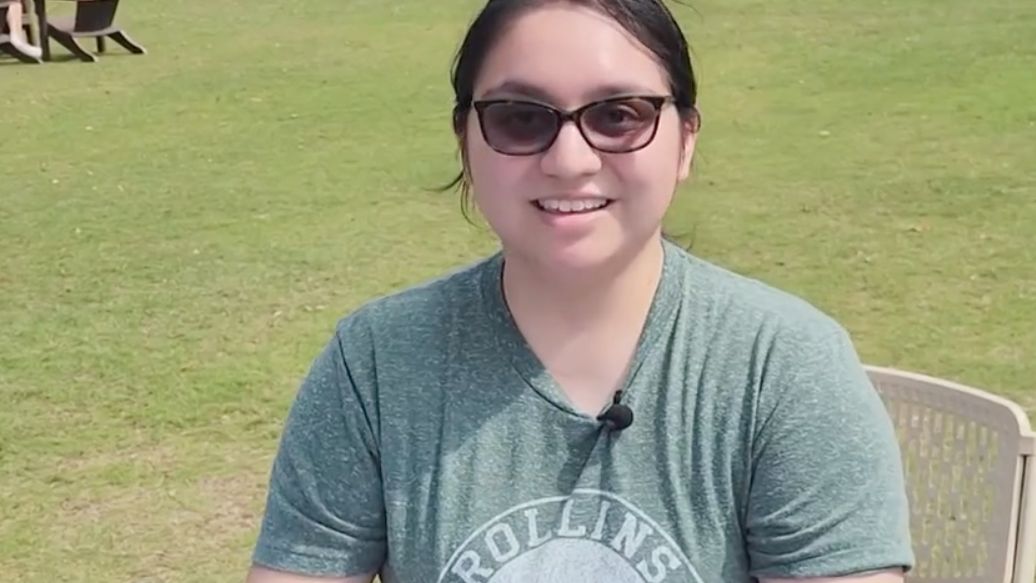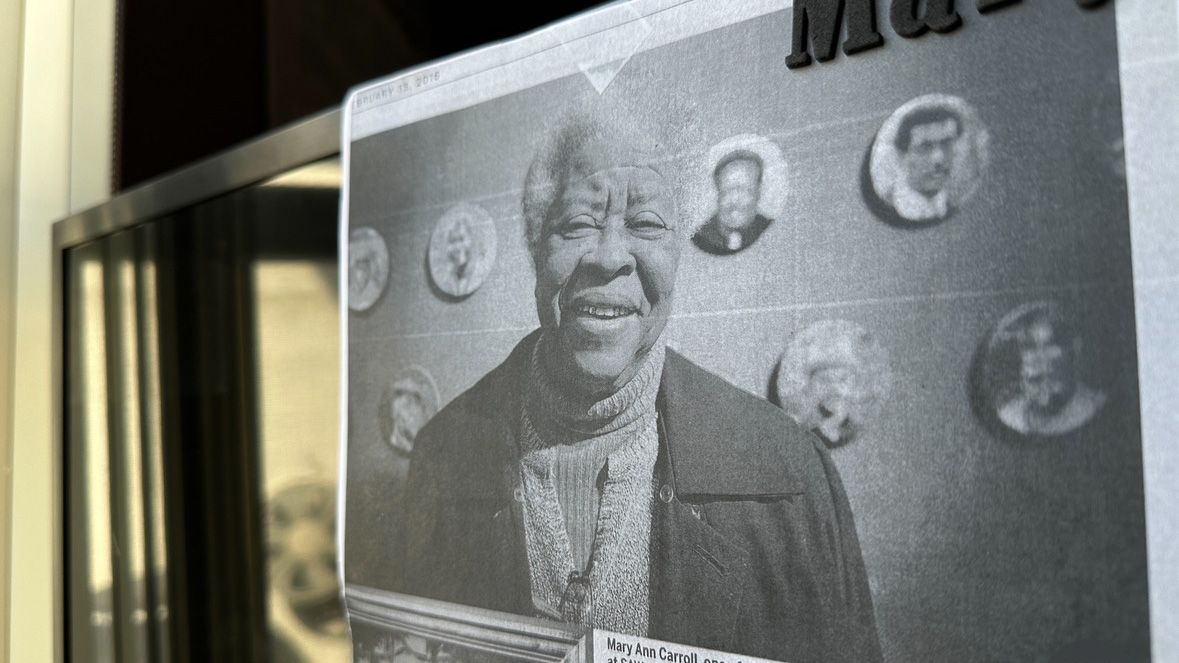ORLANDO, Fla. — It’s a sensitive topic with a complex history. But one organization is helping empower churches in Central Florida to recognize, respond, prevent and end abuse of all kinds.
Research shows about one in four girls and one in 20 boys in the U.S. experience child sexual abuse, according to the CDC.
Leaders with the Episcopal Diocese of Central Florida recently took part in a training with the organization Godly Response to Abuse in the Christian Environment, better known as G.R.A.C.E.
The goal is to train leaders on how to handle abuse in the church, including clergy sexual abuse, child abuse and intimate partner violence.
A former spiritual advisor to former President Barack Obama was one of dozens in attendance.
“All churches of competence these days do background checks and regularly have safeguards built into their children’s programs. What they don’t have is specific training as to what to look for,” said Dr. Joel Hunter, pastor of Community Benefit at Action Church.
Leaders hope to prevent and respond to abuse in churches.
Bishop Justin Holcomb has been at the Episcopal Diocese of Central Florida for nearly a year. He oversees 81 churches across 15 counties in Central Florida.
“We’ve already dealt with some accusations of sexual harassment against clergy and then some clergy misconduct and there’s a zero-tolerance policy,” he said.
He said mending the pain that lingers after abuse and trauma is something that’s near and dear to his heart.
“I was sexually abused when I was 10, so I know the effects and importance of hope and healing,” said Holcomb, who is also a G.R.A.C.E. board member.
Through training, the organization is helping churches confront abuse and highlight steps for a safe church.
“The proactivity of the diocese is really an encouraging thing for us to see. We’re often coming in on the backend where folks are maybe recognizing too late that this is something that they need to be more knowledgeable about,” said Laura Thien, G.R.A.C.E. board chair and licensed social worker.
G.R.A.C.E. is teaching leaders how to respond to abuse in the church and how to become a safer place where leaders can prevent and respond appropriately to it.
“Basically, one in four people in that room are survivors of some type of pain and abuse and I’m one of them,” Holcomb said.
The hope is to address an education gap in the church community.
The bishop also says the goal is for churches to be able to respond well to survivors who are already there.
“Our lay and ordained leaders in the church know that we have safeguarding policies in place. We have background checks. We have mandatory training. We have mandatory reporting of allegations. We actually have a whole process and dedicated intake officers who receive allegations,” said Holcomb. “G.R.A.C.E. is here to help us refine and improve our policies, as well as provide continuing education on abuse.”
Those with G.R.A.C.E. say listening and believing a survivor of abuse is key and trauma informed care is important because many times religious leaders are the first who hear disclosures of abuse.
“So, making sure that people who work in religious settings are aware of how trauma works so they can respond in a way that’s compassionate,” he said.
The bishop says he has a message for victims who have dealt with abuse.
“It’s a part of your story but it doesn’t need to be the end of your story because there is hope and healing,” he said, who has been a board member of G.R.A.C.E. since 2011.
After January 2023, regular trainings will be scheduled twice a year in the diocese.
G.R.A.C.E is reviewing the Episcopal Diocese of Central Florida’s current safeguarding policies and also writing a known sex offender policy in order to have appropriate restrictions in place for known sex offenders who wish to participate in congregational life. It would tell a church what to do in the case that a known sex offender wants to be part of their faith community and put in place protective boundaries.
Episcopal Diocese of Central Florida does not currently have this policy.
G.R.A.C.E. officials say it was formed 20 years ago with former child abuse prosecutors and clergy who saw this as a problem that was not being addressed.
The organization who works nationally and internationally says overall, it conducted 15 investigations last year. So far this year, they’ve started 5 new investigations.
If you know someone in an abusive situation, there is help available.
First, call 911 to report the abuse to law enforcement. Then, call the Department of Children and Families hotline number at 1-800-962-2873.









